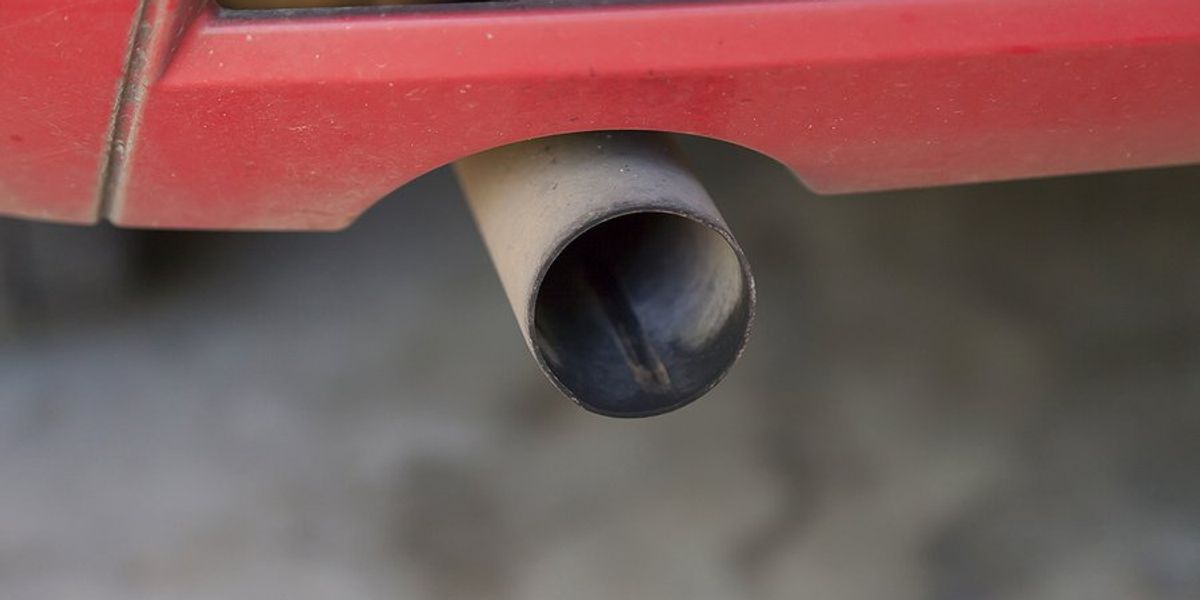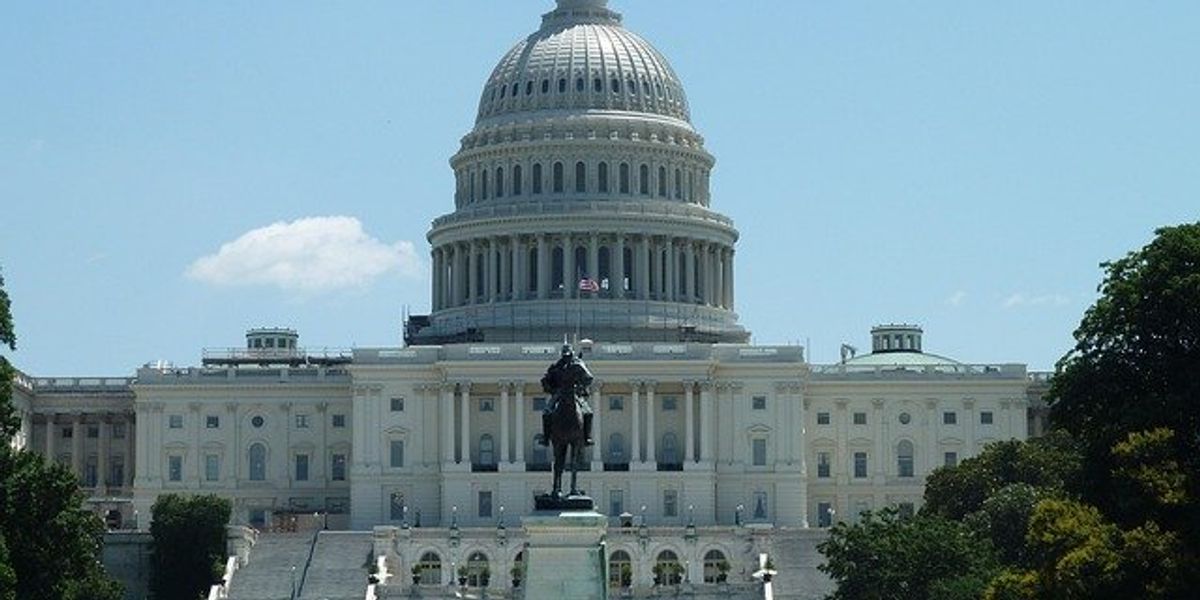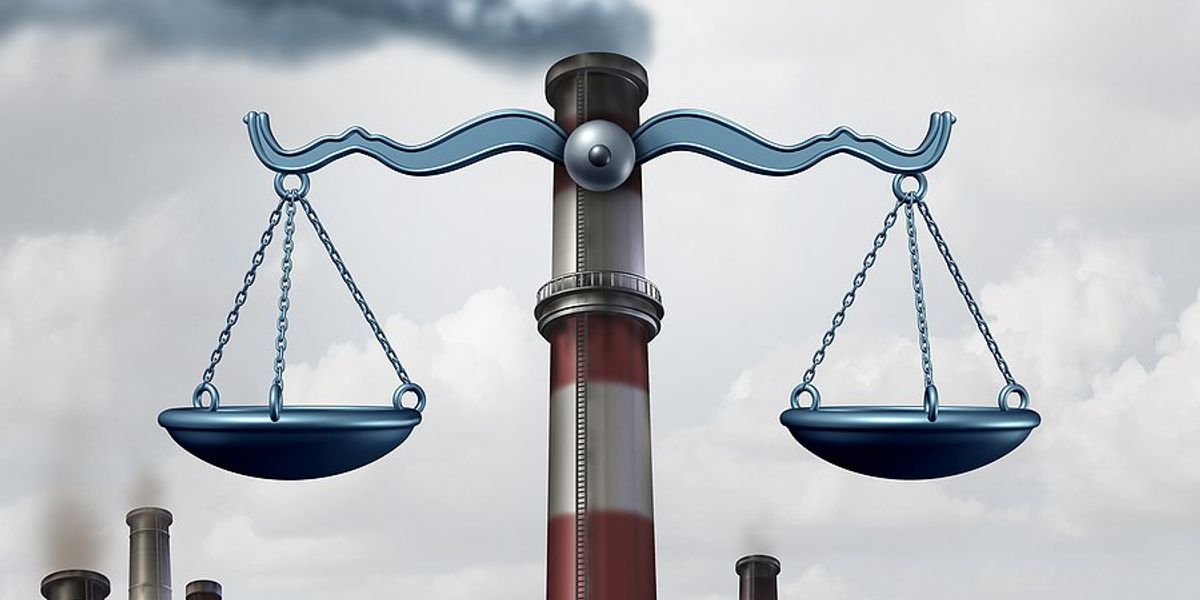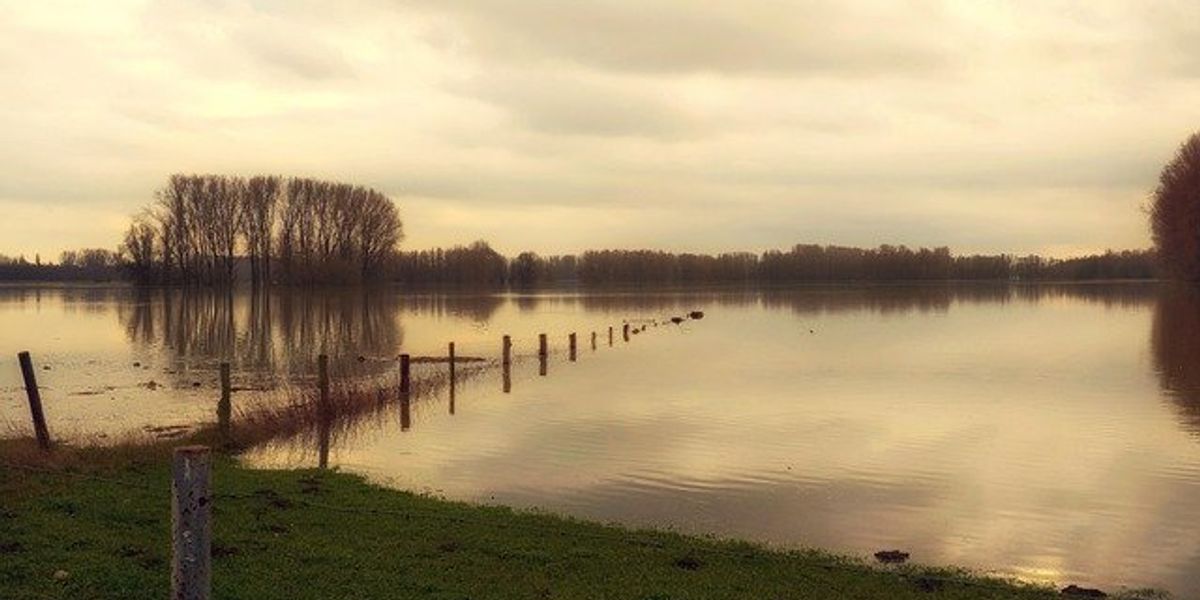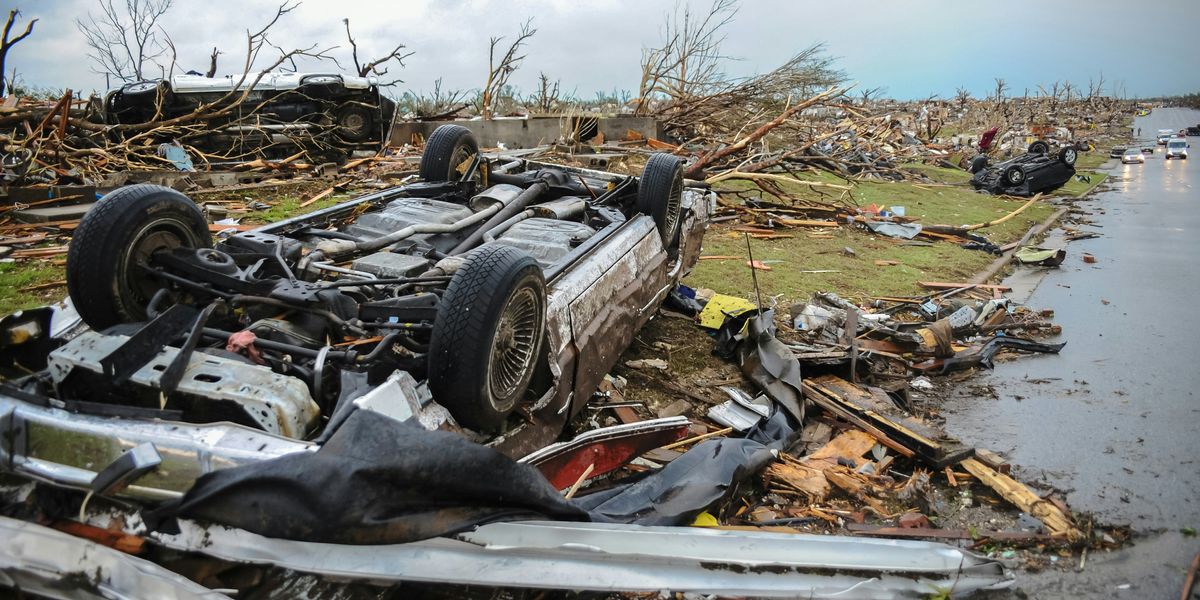
Traces of pharmaceuticals are contaminating rivers and oceans worldwide
Pharmaceuticals from human waste, industry, and agriculture are polluting global waterways and potentially fueling antibiotic resistance and ecological disruptions.
Kiley Price reports for Inside Climate News.
In short:
- A global study found that over a quarter of sampled river sites in 104 countries had unsafe levels of pharmaceutical contamination, including antibiotics and antidepressants.
- In low-income countries with weak wastewater infrastructure, drug pollution is especially severe and can harm ecosystems by altering wildlife behavior and reducing microbial diversity.
- Climate change intensifies the problem by altering river flows and increasing antibiotic-resistant bacteria through prolonged low-level exposure in warming waters.
Key quote:
“There is a real threat of the development of antimicrobial resistance, and that then can have all sorts of flow-on effects on wildlife, but also human health.”
— Michael Bertram, study co-author and behavioral ecologist at the Swedish University of Agricultural Sciences
Why this matters:
Drug pollution in rivers and oceans is a growing but largely invisible threat to environmental and public health. These contaminants, though often diluted, can alter animal behavior, disrupt ecosystems, and help bacteria evolve resistance to antibiotics. Warming waters and more frequent extreme weather — driven by climate change — exacerbate these effects by either concentrating pollutants during droughts or releasing untreated sewage during floods. Antibiotic resistance, in particular, is a ticking time bomb that threatens to render some modern medicines useless. Meanwhile, contamination can ripple through the food chain, from algae and fish to top predators, including humans. These chemicals don't just vanish; they persist, travel, and interact with wildlife in ways scientists are only beginning to understand.
Related EHN coverage: Pharmaceutical makers sending drug-spiked water to treatment plants


